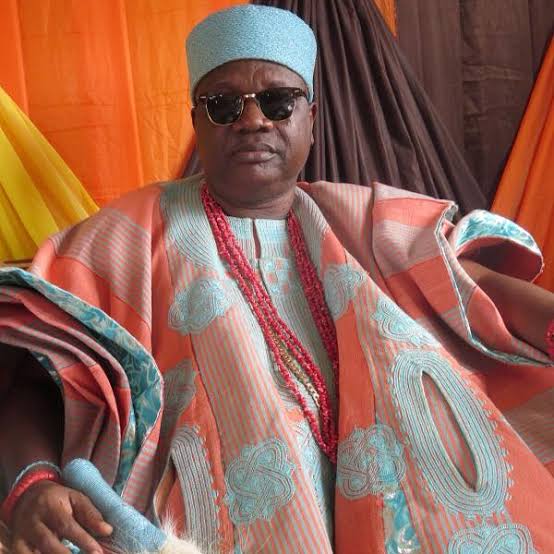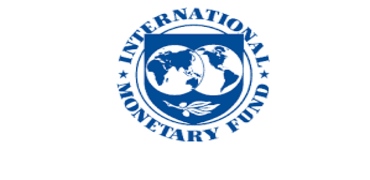Oba Adedokun Omoniyi Abolarin Counsels Young Nigerians
The ongoing protests in Nigeria, with some citizens feeling the country is a lost cause and labeling it "Jaga Jaga," are not unique in world history. Many nations have faced similar tribulations, but overcame them through a total commitment between the government and the governed, with the government taking the lead. Unfortunately, this commitment is lacking in Nigeria.
I recall my teacher at Ife in 1978/79 , Prof. C.S. Phillips Jr., an American scholar, who taught us about the Great Depression in the United States and other countries. During that period, families, churches, and private institutions played crucial roles in complementing government efforts to alleviate suffering and support those in need.
Families:
- Provided emotional support and care for one another
- Shared resources, such as food and housing
- Took in relatives or neighbors who had lost their homes
Churches:
- Offered spiritual guidance and comfort
- Organized soup kitchens, food banks, and clothing drives
- Provided temporary shelter for the homeless
All our religious organizations should be at the forefront of alleviating the problems and sufferings of the majority of our citizens.
Private Institutions:
- Charities and non-profits distributed food, clothing, and financial aid
- Community organizations established job training programmes and employment services
- Philanthropists donated funds and resources to support relief efforts
Lessons for Nigeria:
1. Community-based support: Families, religious organizations, and private institutions can work together to provide a safety net for vulnerable populations.
2. Self-reliance: Encourage individuals to take initiative in supporting one another, rather than relying solely on government aid.
3. Collaboration: Foster partnerships between government, private sector, and civil society to amplify impact.
4. Empowerment: Focus on job creation, skills training, and economic empowerment to reduce dependency on aid.
5. Social cohesion: Promote unity and collective action to address social and economic challenges.
In Nigeria, these lessons can be applied by:
1. Strengthening family and community bonds
2. Encouraging private sector involvement in social welfare initiatives
3. Supporting faith-based organizations and charities
4. Implementing job training and economic empowerment programmes
5. Fostering collaboration between government, private sector, and civil society
By learning from the past and working together, Nigeria can build a more resilient and supportive society.
The US President during the Great Depression, Franklin D. Roosevelt (FDR), implemented a series of policies and programs known as the New Deal to alleviate the suffering of the American people. Now, it's your turn, Mr. President, Bola Ahmed Tinubu. This is a period of National Emergency in Nigeria's history. Act swiftly and let history accord you a great place as President Franklin Delano Roosevelt(FDR). The chroniclers of history are watching!
As a traditional ruler who is interested in the future of our country, please enough of the protests and destruction, let us ALL go to the drawing board in order to salvage our future.
By Oba Adedokun Omoniyi Abolarin
The Paramount Ruler of Ila-Orangun, Osun State.


















